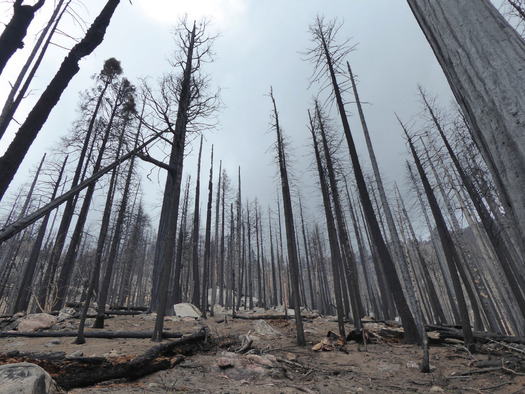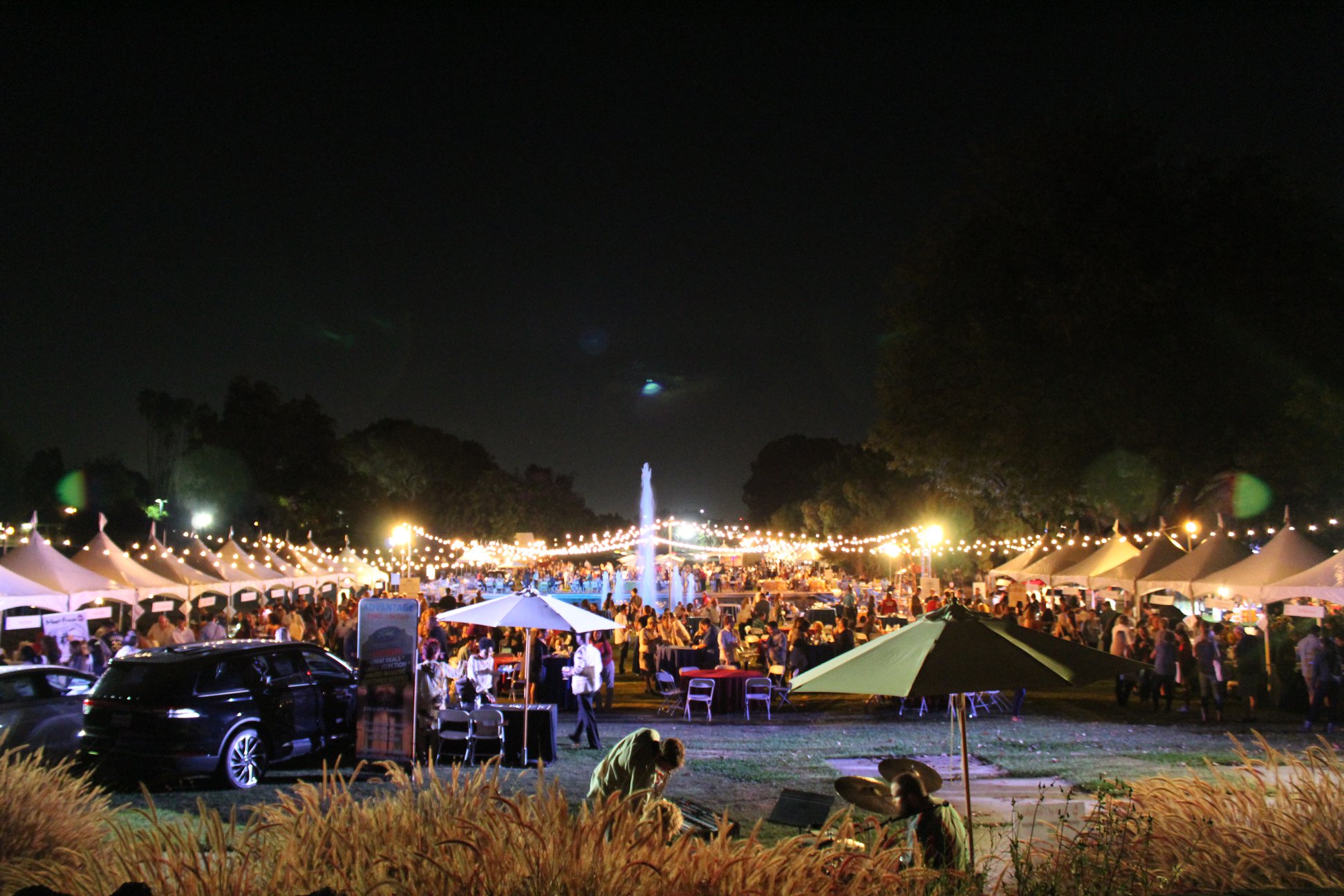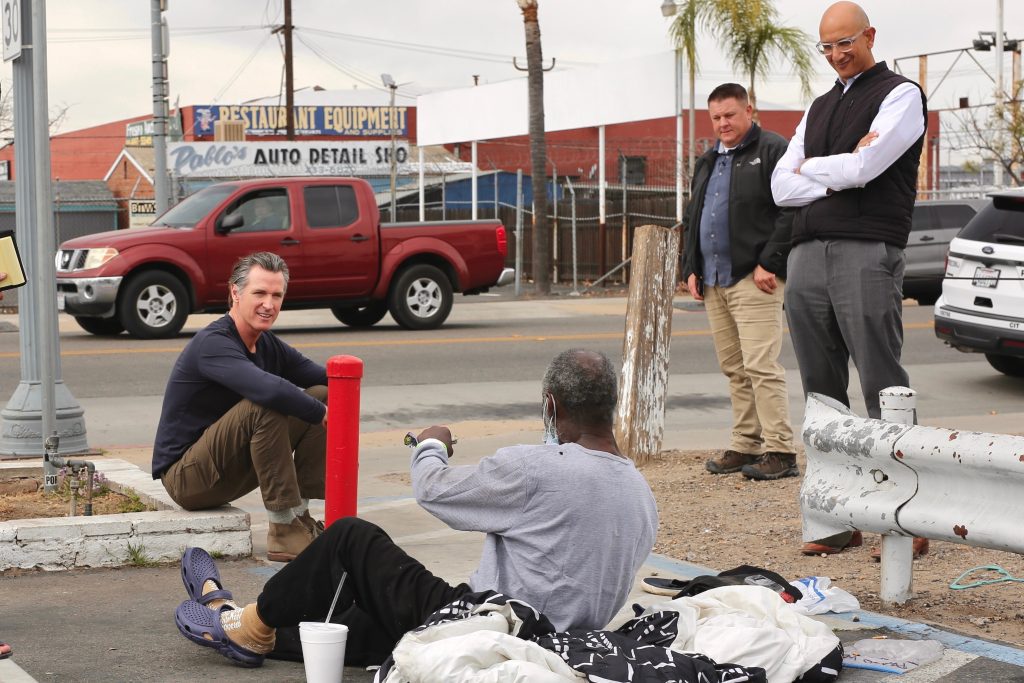Two new studies find that without sustained intervention, California may permanently lose big sections of old-growth giant sequoia groves.
The majestic trees only grow on the western slope of the Sierra Nevada. Since 2015, 20% of them have died, mostly in three megafires in 2020 and 2021.
David Soderberg, Ph.D, a biologist with the U.S. Geological Survey and a study co-author, said the blazes incinerated many of the older, seed-bearing trees.
“You’re getting much larger patches of fires burning at what’s called high severity. So, you have this kind of bad combination for the sequoias where many more of the mature trees are dying, and there are many fewer of the seedlings regenerating,” he explained.
The studies show there are substantially fewer seedlings than in the past, and those that germinate are imperiled by drought and heat stress linked to climate change. The Giant Sequoia Lands Coalition partners have planted more than 500,000 native seedlings in severely burned areas where reproduction has been insufficient.
Paul Ringgold, chief program officer with the Save the Redwoods League, said the idea is to give forest regeneration a head start.
“When you’re planting seedlings, you’re planting trees that have been grown in the nursery for two years or more. They’re more robust than a seedling that is sprouting from a seed, giving it a little bit of an edge against the impact of drier, hotter summers,” he said.
Old-growth sequoia are the world’s largest trees and depend on fire to reproduce. But Ringgold noted that past fire-suppression efforts have led to a buildup of excessive fuel loads in the forests. So, extensive projects are underway to clear out dead vegetation and make the groves more resilient to fire.
Written by Suzanne Potter, producer, Public News Service.
Disclosure: Save the Redwoods League contributes to Public News Service’s fund for reporting on Climate Change/Air Quality, Endangered Species & Wildlife, Environment, Public Lands/Wilderness. If you would like to help support news in the public interest, click here.







